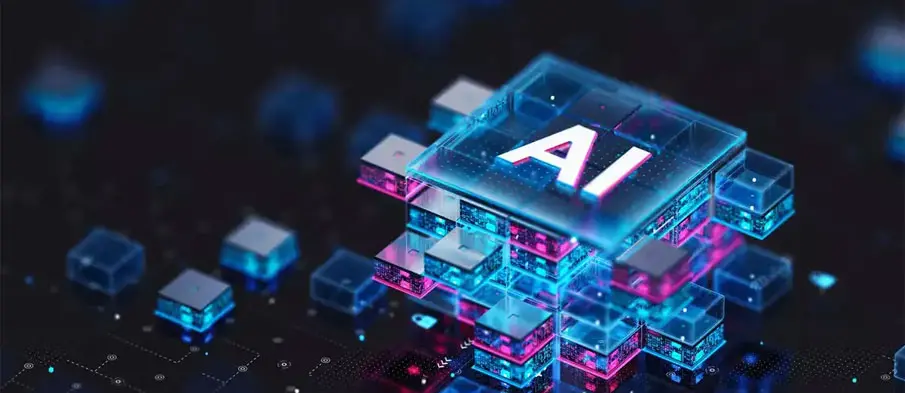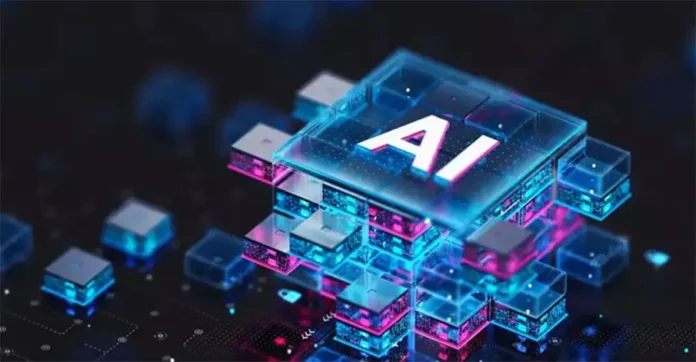
The Indian government’s flagship IndiaAI Mission is entering its next phase with the onboarding of eight new players—BharatGen, Fractal, Tech Mahindra, Avataar.ai, ZenteiQ.ai, Genloop, IntelliHealth, and ShodhAI. These companies will join the original cohort of four—Soket AI Labs, gnani.ai, Gan.AI, and Sarvam AI—broadening the mission’s ecosystem and accelerating its goal of positioning India as a global AI powerhouse.
As part of the mandate, each participant is tasked with emerging as a top-five global leader within its respective niche, whether in multilingual foundation models, speech AI, or multimodal applications. This ambitious target underscores the government’s intent to drive not just adoption but also global competitiveness in frontier AI technologies.
Among the new entrants, BharatGen has already made a significant mark. The IIT-led consortium recently unveiled Param-1, a 2.9-billion-parameter bilingual foundation model trained with 25% Indic-language data—a stark contrast to Meta’s Llama, which incorporates just 0.01% Indic languages. In addition, BharatGen has released 20 speech models covering 19 Indian languages through the AIKosha platform, furthering linguistic inclusivity in AI research.
Sarvam AI, one of the earliest grantees of the IndiaAI Mission, continues to push boundaries in large language model development. The company has successfully trained Sarvam-M, a 24-billion-parameter model, and is currently developing a sovereign 70-billion-parameter language model that will be both trained and hosted entirely in India. This model is expected to roll out early next year, representing a significant milestone in the nation’s quest for AI self-reliance.
The addition of industry leaders such as Tech Mahindra and innovative startups like Avataar.ai and IntelliHealth highlights the mission’s dual focus—leveraging established expertise while nurturing emerging talent. With a mix of enterprise-scale players and cutting-edge startups, the ecosystem is poised to accelerate research and deployment across sectors, including healthcare, enterprise automation, and multimodal AI applications.
By expanding its ecosystem from four to twelve participants, the IndiaAI Mission is setting the stage for transformative innovation that can rival global leaders. With mandates for global leadership, emphasis on Indic languages, and sovereign infrastructure development, India is signaling its intent to shape not just its own digital future but also contribute meaningfully to the global AI landscape.





